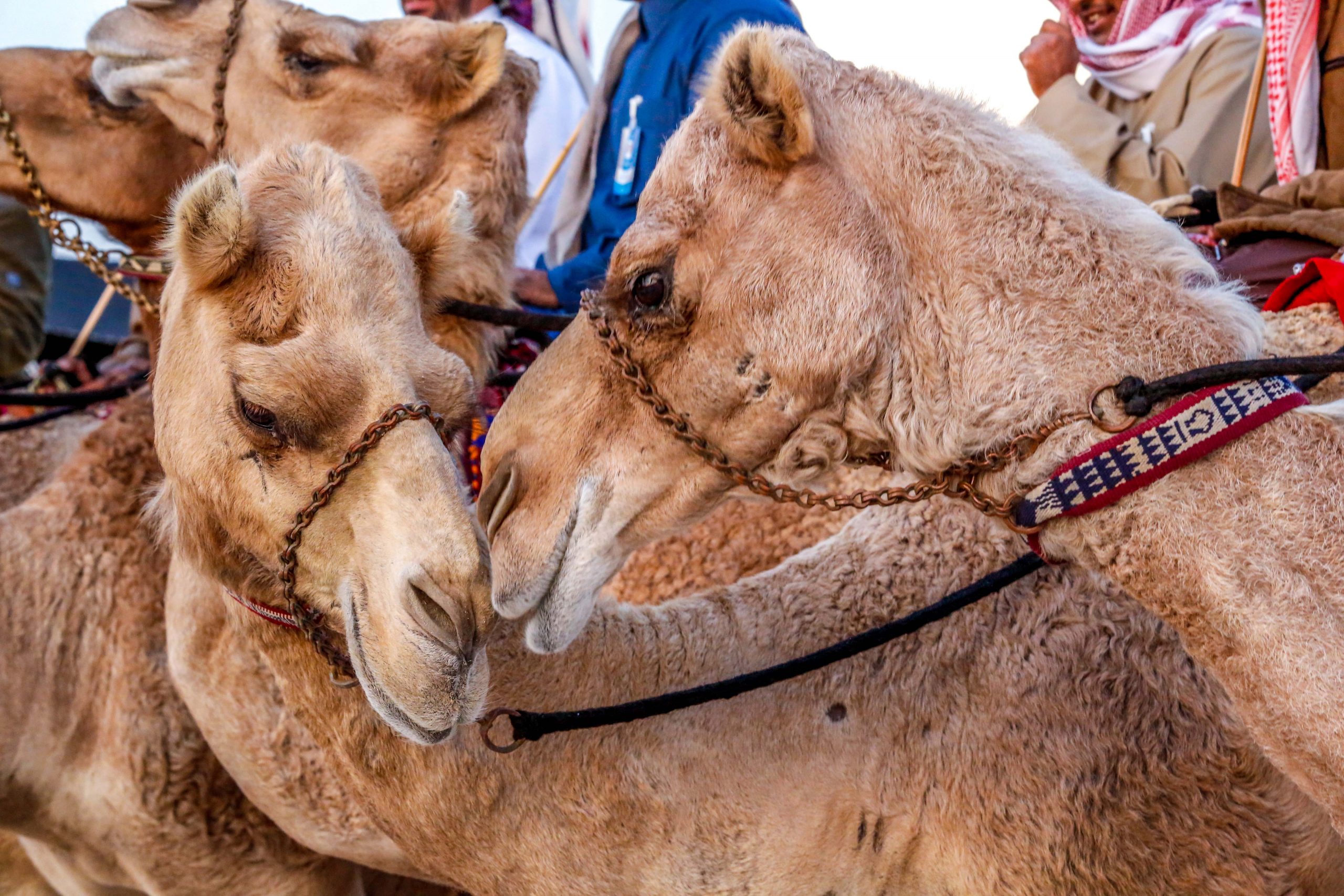Qatar is seeking to shed a spotlight on traditional practices as they compete with a booming sport industry in the country.
All services related to the owners of local and international camels have now been digitised through the Mazayen app, in the latest bid to modernise Qatar’s heritage sport.
Camel registration, submitting requests for issuing entry and exit permits for camels, obtaining approvals and issuing health certificates, as well as issuing and printing permits, are some of the procedures offered on the new app.
The Ministry of Sports and Youth’s Qatar Camel Mazayen Club debuted the application that has also been connected to the platform of the Ministry of Municipality.
The digital medium allows for the traditional sport to keep up with significant growth in the country’s sports industry.
The release of the Mazayen app, according to Qatar Camel Mazayen Club President Hamad Jaber Al Athba, is in line with the club’s goals to improve all services offered to owners and camel breeders by transitioning from paper-based transactions to digital services.
The connection service with the Ministry of Municipality’s will also improve the validation of camel data accuracy and provide updated database of owners at the Qatar Camel Mazayen Club.
The digital platform was tested at the Mazayen festival 2022, which was organised by the club as part of the activities surrounding the FIFA World Cup Qatar 2022.
Camels and e-chips
In February, camel owners with officially registered ‘camel chips’ were able to transfer ownership in minutes through Qatar’s Ministry of Municipality’s online service.
Similar to those for house pets, camel microchip implants include all data about the camel, including its colour, age, and surname. The e-chips also have details regarding where the camel owner could buy and sell the camels, making it similar to an ‘ownership registration document’.
It is used widely around the region for camel trade and festivals to identify the animals and their owners in case of any illegal activity or if the animal is lost.
The new electronic service, available through the ministry’s website ‘Aoun’, was developed locally by the department’s technical staff, according to the director of the Information Systems Department at the Ministry of Municipality.
Cultural significance
Qatar’s history has traditionally included the significant use of camels which serve multiple purposes. The animals helped Qataris discover the peninsula and trade routes in the distant past by serving as a mode of transportation for people desiring to travel vast distances through the desert.
They were also very important from a religious perspective. Given the animal’s high tolerance for difficult conditions, camels were frequently utilised by travellers to promote Islam in many parts of the world.
Camels continue to play a significant role in Qatari culture today. In the region, particularly in Saudi Arabia and the United Arab Emirates, camel breeding is highly prevalent, and many people also employ them for competitive activities like camel racing.
Camel racing, which originated in the UAE, Bahrain, and Jordan, has a long historical foothold in the region.
Recently, a “botox-free” camel was awarded one million riyal cash prize as it was announced the winner in Qatar’s first Camel Festival.
The crowned camel, named Mangiah Ghufran, strutted among other camels from across the region, including Kuwait, Saudi Arabia and the United Arab Emirates, as Qatar has broadened its camel festivals from a more local one to a regional one, according to reports.
The organisers were extra meticulous with hosting the camel contestants as the recent camel festival in Saudi Arabia sparked outrage over Botox charges, an event where 43 camels were disqualified after it was found that they had undergone cosmetic enhancements.
The practice of cosmetic enhancements on camels, according to officials, is considered “animal abuse” and “violators face hefty fines and are banned from participating in future competitions.”







